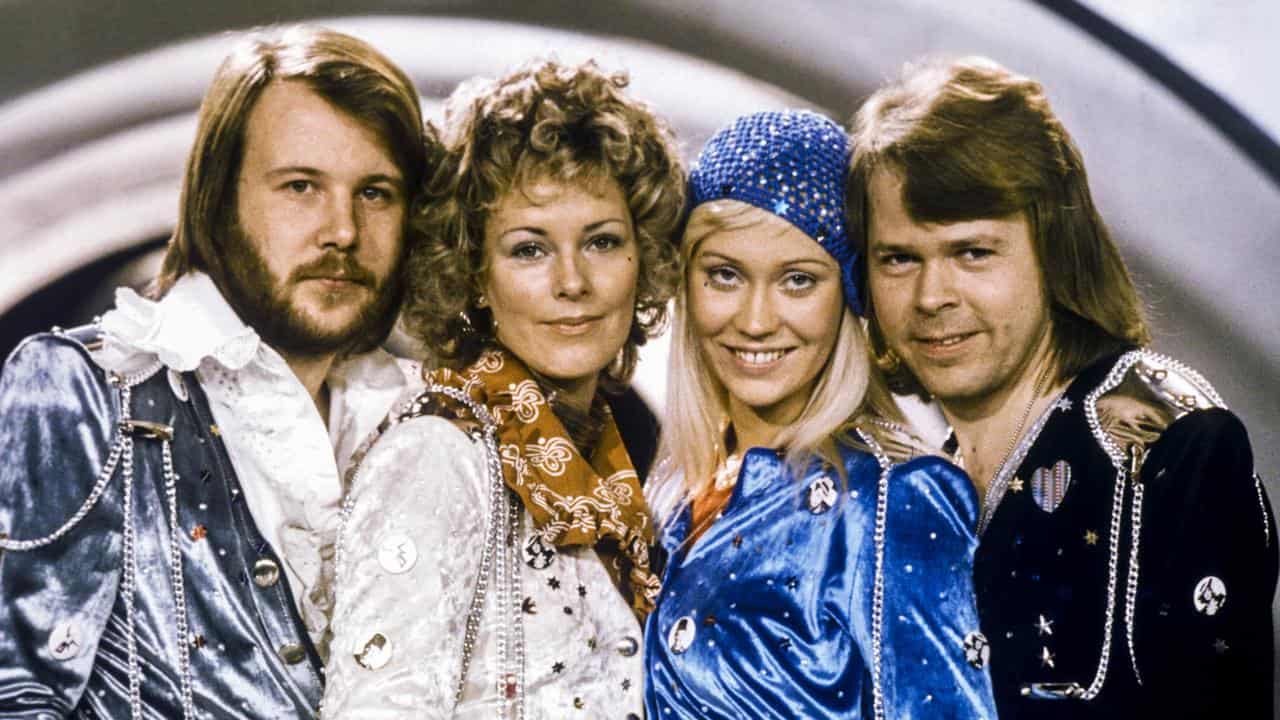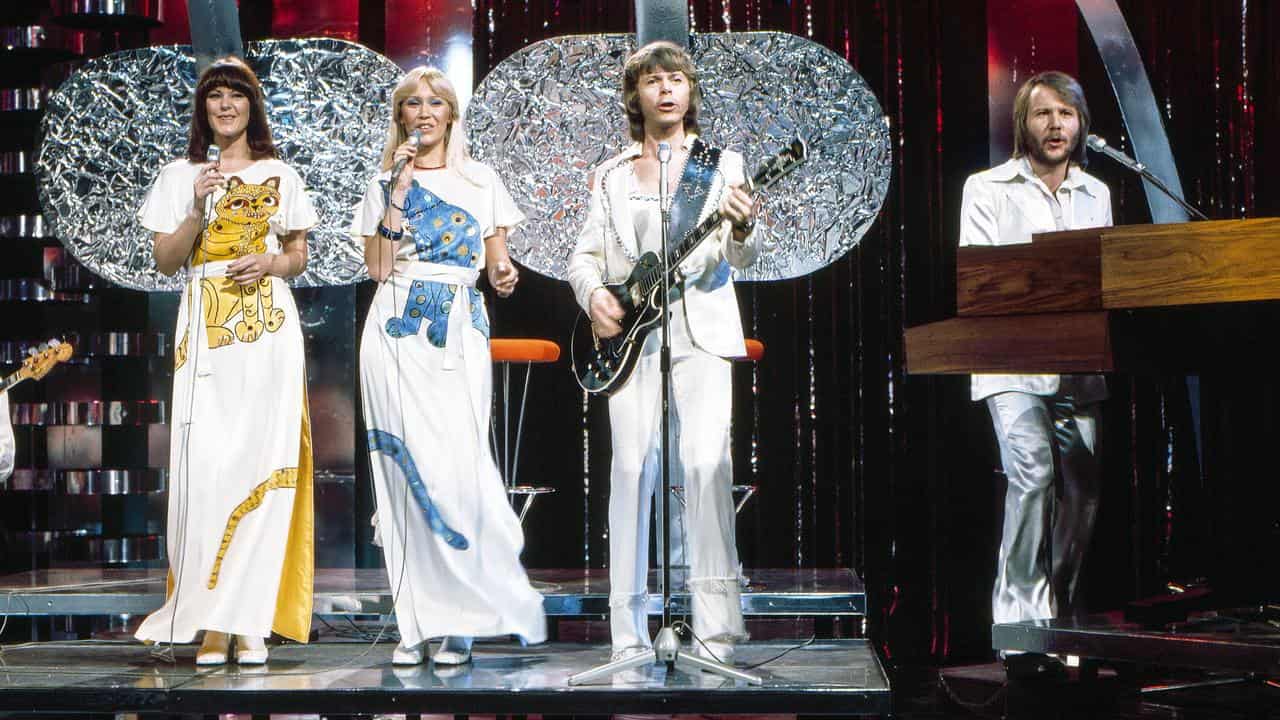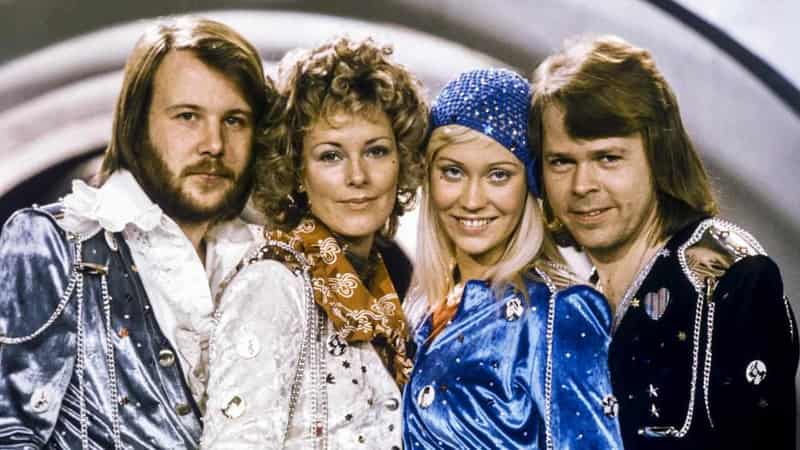
As pop supergroup ABBA celebrates the 50th anniversary of their smash hit Waterloo, the history book on the shelf is always repeating itself with Sweden preparing to host Eurovision.
April 6, 1974 is the day ABBA was announced to the world as the band that won the Eurovision Song Contest with Waterloo, which topped music charts in many countries.
The song was written specifically for the contest after the group came third in the previous year, and audiences rewarded the band for their choice.
The unique lyrical composition used a historical battle as a metaphor for a relationship, Sydney Conservatorium of Music pop music expert Dr Jadey O'Regan said.
The band's identifiable sound culminated with the "particular way of pronouncing English words" that caught audiences' ears.
"The combination of rock and roll piano and saxophone with a shiny arrangement was a very different sound in pop at this time," she said.
"It had elements of glam, but in a new kind of package, and with female vocals."

It wasn't only the band's vocals, but also their colourful outfits and dance moves, that caught audiences' eyes.
"Most songs were ballads, and the glitter and drama we see in modern Eurovision didn’t exist back in the early 1970s," Dr O'Regan said.
"If you love the fireworks and outrageous costumes of Eurovision, you might want to thank ABBA."
Despite their win, the group initially had a dip in popularity with many writing them off as one-hit-wonders, ABBA singer Bjorn Ulvaeus recalled.
"Britain and America didn't take us seriously," he told AAP in 2010.
But the band's fortunes turned, partly thanks to Australian fans.
"It wasn't until S.O.S became a huge hit in Australia that other countries took notice," Ulvaeus said.
"Australia was the first country that took ABBA to heart ... we always felt a lot of love from audiences there."
The nation's love for ABBA blossomed on a string of follow-up hits, including Mamma Mia and I Do, I Do, I Do, I Do, I Do.
The band broke up in 1982 and have previously said there is "zero" chance of re-forming.
In May, the Swedish city of Malmo will host the 68th edition of Eurovision after Loreen won the contest for a second time in 2023 with electropop banger Tattoo.
The 2024 edition marks the seventh time Sweden has hosted the contest, a record it shares with Ireland.
Electric Fields will represent Australia with their song One Milkali.









